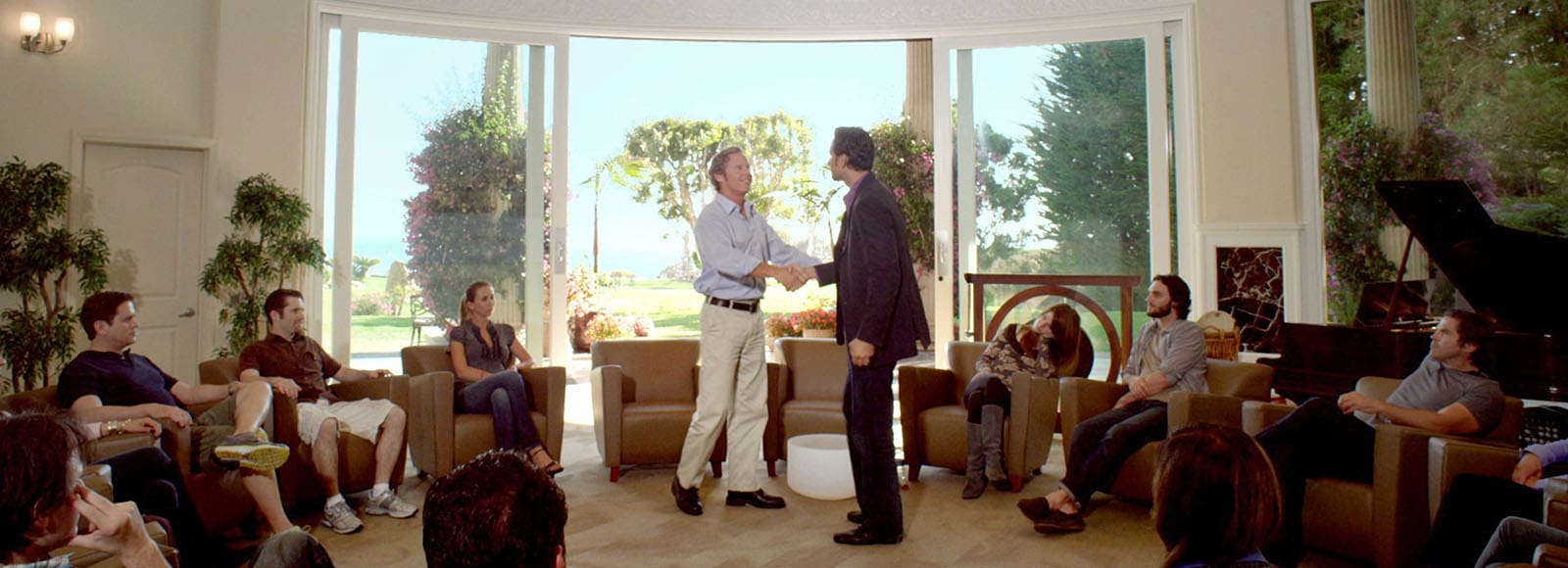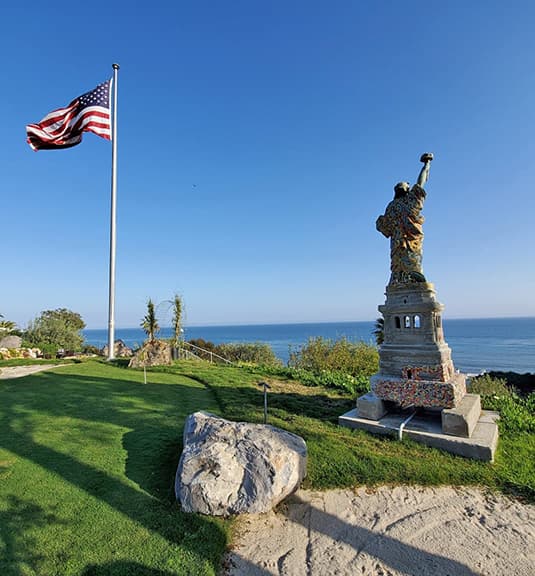
If You Have a Drinking Problem,
Does That Mean You Are an Alcoholic or Have Alcoholism?
If You Have a Drinking Problem, Does That Mean You Are an Alcoholic or Have Alcoholism?
At Passages Malibu, we do not subscribe to the disease model of addiction, nor do we believe it's appropriate to label yourself an “addict” or "alcoholic." These are demoralizing terms you shouldn’t use to identify yourself if you have or ever had a substance abuse-related problem. One reason is that you are more than your addiction and much more powerful than it, regardless of what you have been told before.
Another reason you should not label yourself an “addict” or “alcoholic” is that these terms carry the weight of judgment and shame, which interferes with the natural healing process required to break free from addiction and fully heal.
“You are not an alcoholic or an addict. You are not incurably diseased. You have merely become dependent on substances or addictive behavior to cope with underlying conditions that you are now going to heal, at which time your dependency will cease completely and forever.”
–Chris Prentiss, The Alcoholism and Addiction Cure
Alcohol abuse is a severe problem in the United States and worldwide. The drinking culture in America has normalized binge drinking to the point where casual or “responsible” drinkers do not consider themselves to have a problem. Since there are many levels of alcohol abuse, determining whether a drinking problem exists can be difficult. Alcohol abuse causes significant health problems and is still a leading cause of death in the US and most other countries worldwide.
Have you ever tried to go a week without drinking? Ever wonder what it would be like to cut out alcohol for good? Have you been embarrassed or felt ashamed of your drinking habits? There are many reasons why someone might need to evaluate their relationship with alcohol, including loss of control over intake, building tolerance, withdrawal symptoms, time spent drinking, or problems surrounding the side effects of alcohol abuse.
“At the bottom of every person's dependency, there is always pain. Discovering the pain and healing it is an essential step in ending dependency.
–Chris Prentiss, The Alcoholism and Addiction Cure

What begins as a hobby can quickly become an excessive use of a substance that can affect every aspect of someone’s life. So whether you’re sleeping in late, staying out late, or drinking alone at odd hours of the day, it doesn’t matter how you get your alcohol fix-it will always impact your life in some way—part of being able to recognize when you need help in identifying the signs.
There are several early warning signs to look out for if you believe yourself or someone you know is starting on the path toward alcohol abuse and addiction. Luckily, there are early signs of alcohol abuse that, if caught early on, could deter a full-blown addiction. Some key signs to look out for are:
- Increased tolerance to alcohol (you have to drink more and more to feel the same effects)
- Withdrawal symptoms and cravings when drinking is stopped
- Increased shame and guilt after drinking
- Blacking out while drinking
- A drastic change in demeanor
- Hangovers and sick days have become frequent
- Personality or mood while drinking (such as becoming angry or violent)
- Drinking and driving
- Deterioration of overall appearance
- Missing work or other responsibilities in favor of drinking.
- A decline in productivity and the quality of work
- Lying to others about drinking or other deceptive behaviors
- Sneaking drinks
- Displaying a general attitude that drinking is a priority
- Severe withdraws
- Sudden financial problems
- Lack of motivation to do things that don’t involve drinking
- Isolated from friends and family
- Neglecting goals
- Feeling more and more unhealthy and emotionally unstable
- Unable to quit drinking on your own
We believe that a person who is addicted to drugs and alcohol is motivated to seek substances by one of four underlying conditions:

1. A Chemical Imbalance

2. Events of the past you have not reconciled

3. Current conditions you can't cope with

4. Things you believe that aren't true
Using a one-on-one treatment approach, our therapists will focus on healing the underlying conditions causing you to use. At Passages, your health and safety is our primary concern. We want to see you thrive and be the best version of yourself that you can be. If you or a loved one is struggling with an addiction to drugs and alcohol, please call us today. Our team is standing by 24/7 to take your call confidentially.

Experience True Freedom
We can help you end your dependency on alcohol. Call us anytime or check your insurance coverage by clicking the button below.

Experience True Freedom
We can help you end your dependency on alcohol. Call us anytime or check your insurance coverage by clicking the button below.

